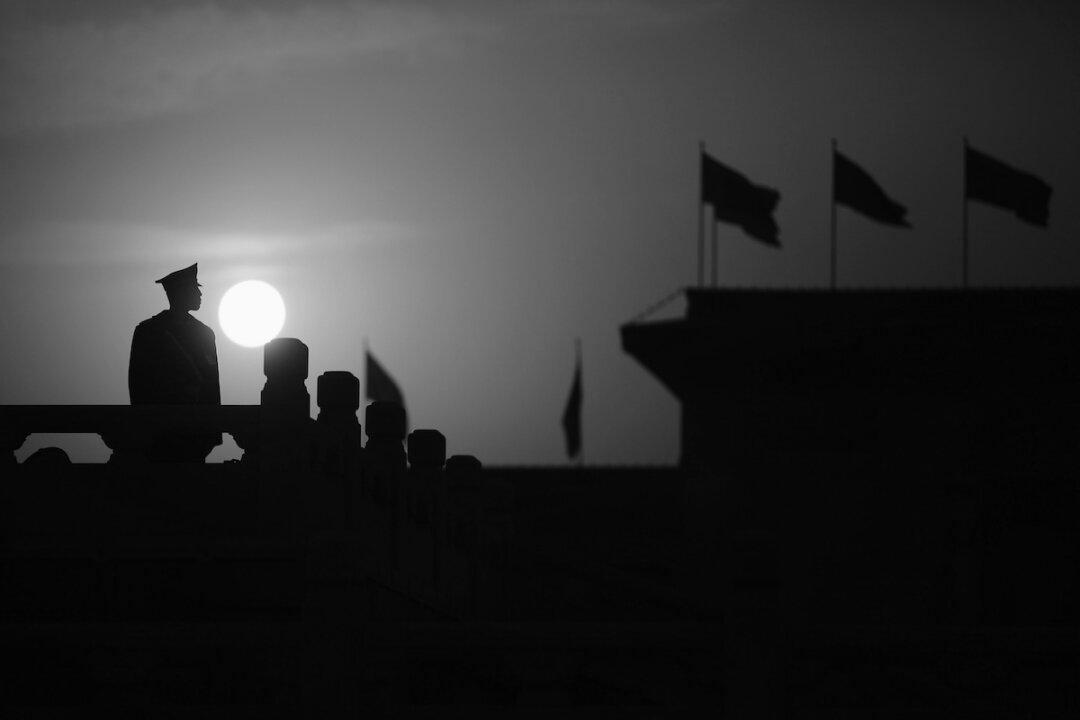News Analysis
Jiang Mianheng, eldest son of former Chinese Communist Party (CCP) leader Jiang Zemin, reportedly resigned from his position as president of ShanghaiTech University and was appointed as chair of the university’s governing board last week. Experts, however, believe Jiang Mianheng did not resign, but rather was demoted as a result of the ongoing purge of his father’s faction.




